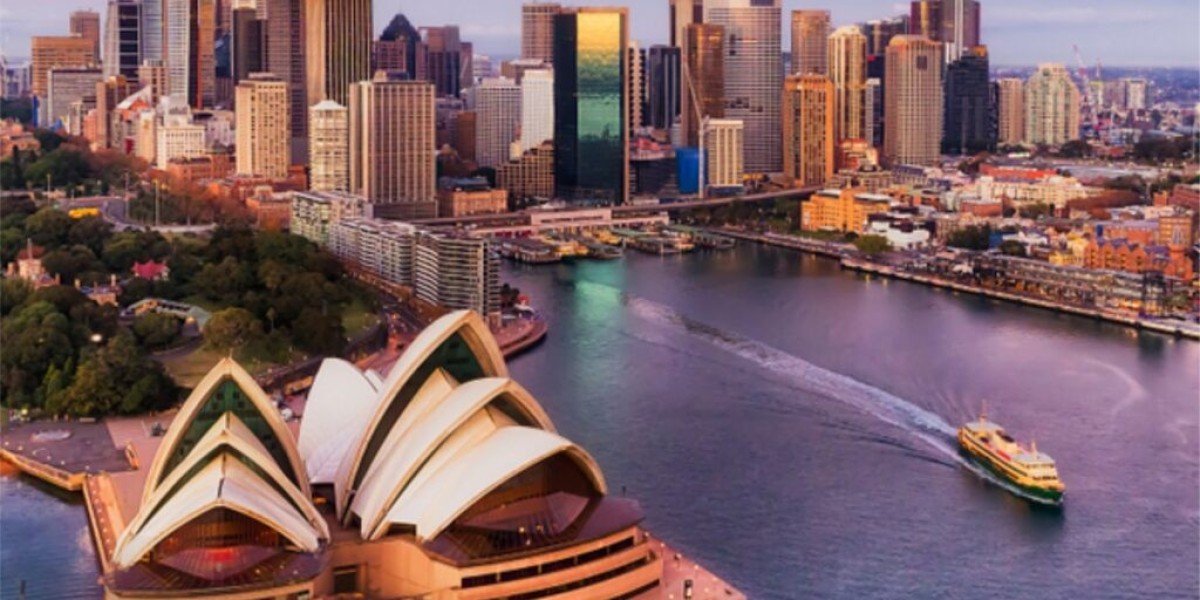Australia is a popular destination for international students due to its high-quality education system and vibrant culture. However, one important aspect of studying in Australia is the cost of living. Understanding these costs is crucial for effective budgeting and financial planning. Here’s a comprehensive overview of the cost of living for students in Australia.
1. Accommodation Costs
Accommodation is one of the largest expenses for students in Australia. Costs vary significantly depending on the type of accommodation and location:
- On-Campus Housing: University-managed residences typically range from AUD 110 to AUD 300 per week. On-campus accommodation often includes utilities and internet, and it provides easy access to university facilities.
- Shared Apartments: Renting a room in a shared apartment can cost between AUD 150 and AUD 250 per week. This option allows students to share expenses with roommates, which can reduce individual costs.
- Private Rentals: Renting a private apartment generally costs between AUD 300 and AUD 500 per week. This option offers more privacy but can be more expensive.
Popular student cities like Sydney and Melbourne tend to have higher accommodation costs compared to smaller cities and regional areas.
2. Food and Dining
Food expenses will depend on personal preferences and lifestyle. On average, students spend between AUD 80 and AUD 200 per week on groceries and dining out:
- Groceries: Expect to spend around AUD 60 to AUD 100 per week on groceries. Cooking at home is more cost-effective than eating out.
- Dining Out: Eating out at cafes or restaurants can add to expenses. A meal at a budget restaurant typically costs around AUD 15 to AUD 25, while a mid-range three-course meal can range from AUD 50 to AUD 70.
3. Transportation
Transportation costs vary depending on the city and distance from the university:
- Public Transport: Most major cities have efficient public transportation systems. Monthly passes for buses, trains, and trams cost between AUD 100 and AUD 200, depending on the city and zones traveled.
- Cycling and Walking: In many student-friendly cities, cycling or walking can be a practical and economical option.
4. Utilities and Internet
Utility costs, including electricity, water, and gas, typically range from AUD 30 to AUD 70 per week, depending on usage and accommodation type. Internet costs are generally around AUD 50 to AUD 70 per month.
5. Health Insurance
International students are required to have Overseas Student Health Cover (OSHC) for the duration of their stay. The cost of OSHC varies by provider and coverage level but generally ranges from AUD 500 to AUD 600 per year.
6. Study Materials and Miscellaneous Expenses
Study materials such as textbooks, stationery, and course-related supplies can cost between AUD 200 and AUD 500 per semester. Miscellaneous expenses, including entertainment, personal care, and social activities, vary widely but budget around AUD 50 to AUD 100 per week.
7. Total Estimated Costs
Overall, the estimated cost of living for international students in Australia ranges from AUD 1,500 to AUD 2,500 per month. This estimate includes accommodation, food, transportation, utilities, health insurance, and other expenses. Costs may be higher in major cities like Sydney, Melbourne, and Brisbane, and lower in smaller towns or regional areas.
Conclusion
Living in Australia as a student involves various expenses that require careful planning and budgeting. Understanding the cost of accommodation, food, transportation, and other necessities will help students manage their finances effectively. By exploring different housing options, budgeting for daily expenses, and utilizing student discounts, international students can enjoy their time in Australia while maintaining financial stability. For precise and personalized information, students should consult their Study in Australia best university’s international office and local resources.







